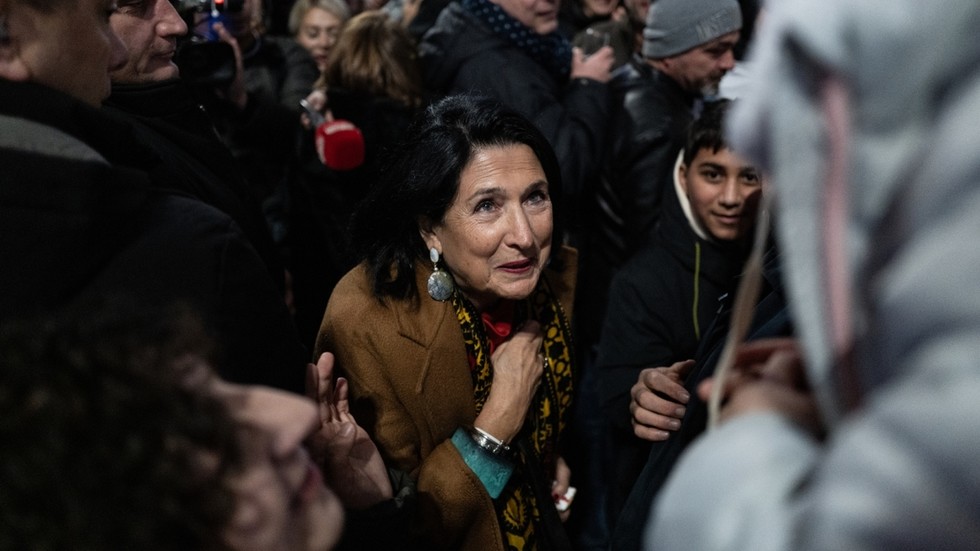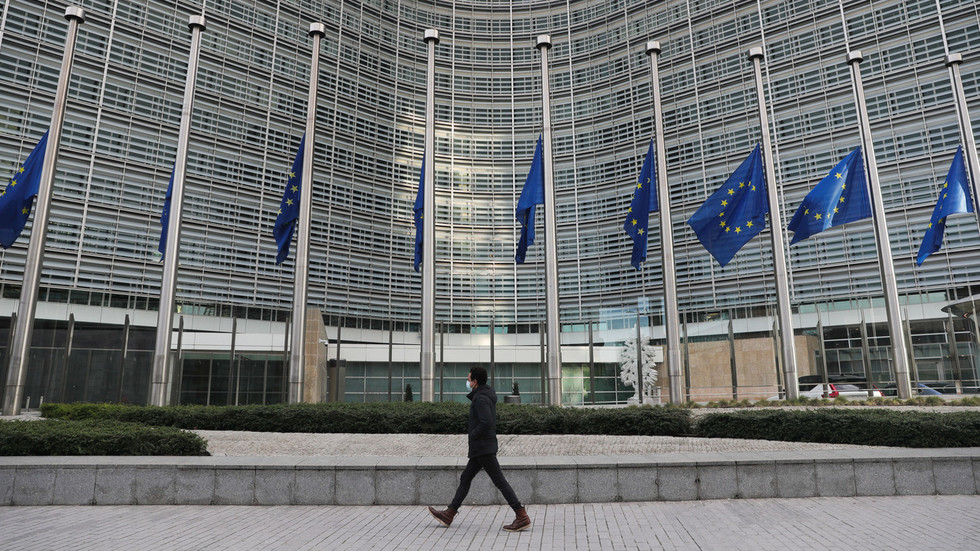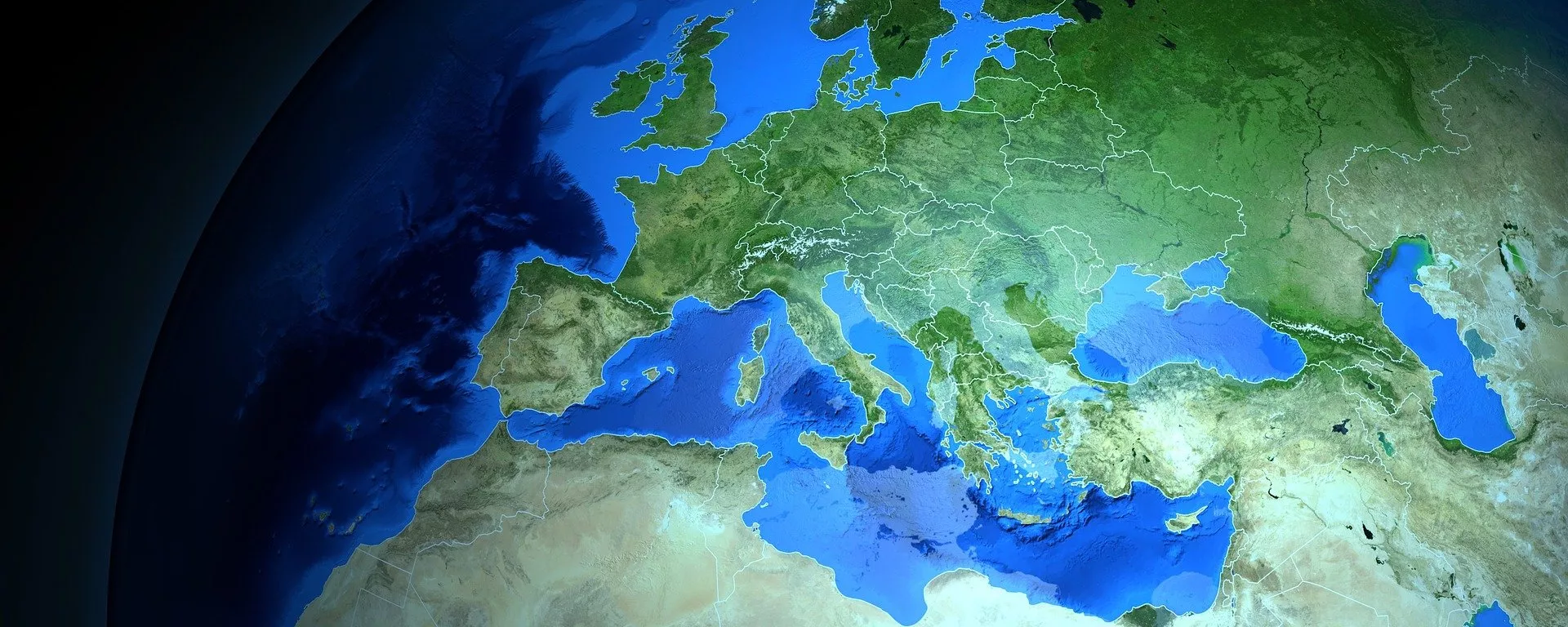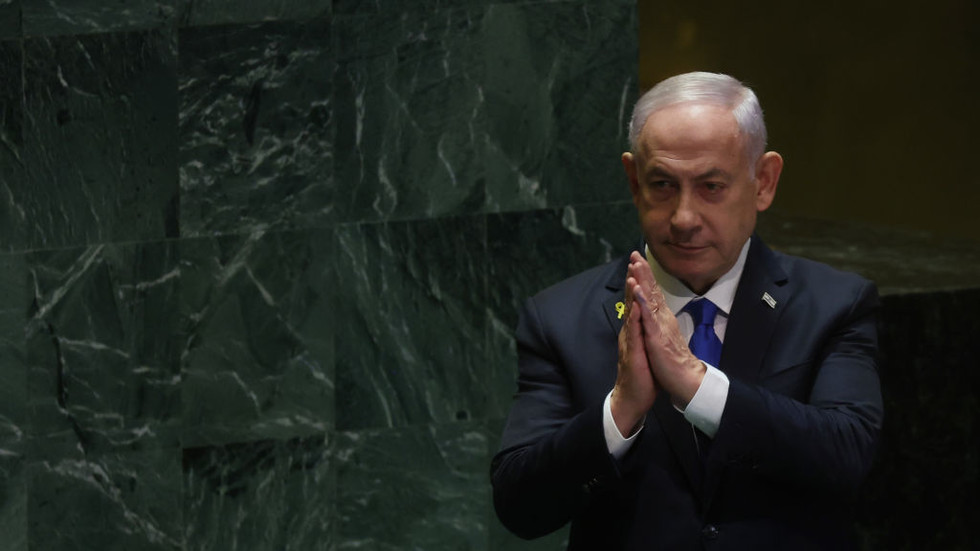The decision represents growing anti-French sentiment in Chad and the Sahel region, where France has been effectively expelled from several former colonies.
Chad announced on Thursday that it is terminating its defence cooperation agreement with France, a move aimed at reasserting its sovereignty and recalibrating its international relations away from its former colonial ruler.
The decision, which Foreign Ministry spokesperson Abderaman Koulamallah described as a historic turning point, comes more than 60 years after the Central African nation gained independence.
The statement highlighted Chad’s intention to reshape its alliances in line with national priorities, though it stressed that the move would not undermine historical ties with France, with both nations committed to maintaining relations in areas of mutual interest.
Chad's interim president, Mahamet Deby Itno, assumed power in 2021 following the death of his father in combat, and he has frequently expressed mistrust toward his French counterpart, Emmanuel Macron.
Chad was one of the last strongholds of French military presence in the Sahel region, with approximately 1,000 French troops still deployed.
France's forces have been expelled from several neighbouring countries, including Niger, Mali, and Burkina Faso, which have seen civilian regimes overturned by military leaders who have sought alternative partnerships, including with Russia.
Russian mercenaries are already installed across the Sahel and in sub-Saharan Africa, where they provide security services for insecure governments, often in exchange for Russian access to extractable commodities.
Ulf Laisseing, head of the Sahel programme at the Konrad Adenauer Foundation, explained that Deby is seeking to expand Chad’s security relationships, noting both a lack of trust in Macron and growing anti-French sentiment within Chad.
“Deby has been seeking to diversify its security partnerships away from exclusive deals,” said Laisseing. “He doesn’t trust Macron and cannot ignore widespread anti-French sentiment.”
Chad’s government has also faced domestic challenges, including protests sparked by its decision last year to extend an 18-month political transition for an additional two years.
The timing for the departure of French troops remains unclear, but according to analysts, the shift could open the door for other nations, including Russia, Turkey, and the UAE.
Macron acknowledges 1944 massacre of West African soldiers
The decision by Chad to terminate its defence pact with France comes amid growing tensions over France’s historical and current influence in Africa.
On Thursday, for the first time, Macron recognised the massacre of West African soldiers by the French army in 1944 in Thiaroye, Senegal.
In a letter to Senegalese authorities, Macron acknowledged the killing of up to 400 unarmed soldiers from the Tirailleurs Sénégalais, a colonial infantry unit, during a dispute over unpaid wages.
“France must recognise that on that day, the confrontation between soldiers and riflemen who demanded their full legitimate wages be paid, triggered a chain of events that resulted in a massacre,” Macron said in his letter.
Senegalese President Bassirou Diomaye Faye welcomed Macron’s statement, describing it as an important step toward closure. “We have long sought the truth about this painful event, and we believe France’s commitment this time will be full, frank, and collaborative.”

 1 month ago
14
1 month ago
14






 We deliver critical software at unparalleled value and speed to help your business thrive
We deliver critical software at unparalleled value and speed to help your business thrive






 English (US) ·
English (US) ·